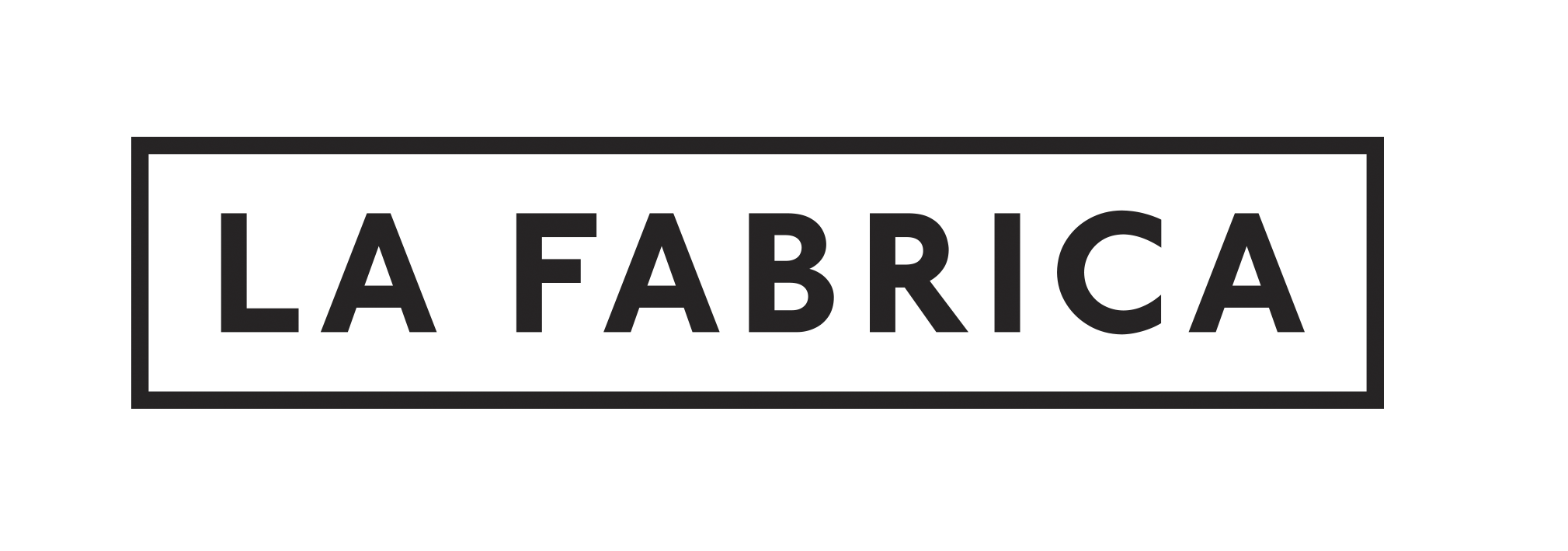La Fábrica presents Tina Modotti. Photographer and Revolutionary, a book by Irish author Margaret Hooks, who immerses us in the life and work of this woman who laid the foundations of contemporary photography.
Actress during Hollywood’s Golden Age, political activist, favorite model of Edward Weston… There are many facets to Tina Modotti’s life (Udine, Italy, 17 August, 1896 – Mexico City, 5 January 1942), but without a doubt the most prominent is photography; although she only produced some 400 photographs, Tina Modotti remains a leading figure in twentieth-century photography.
Hooks draws a full portrait of Tina Modotti, whose legendary beauty and relationships with famous men have often overshadowed – until now – her life, which ran parallel to the most important artistic, political and historical breakthroughs in the twentieth century.
Frequently known as Edward Weston’s favorite model, it is important to highlight Modotti’s extraordinary career-path beyond modelling. Hooks’ intention has been to “demythologize Modotti, the legend, to rescue her from her lover’s shadow and to place the woman and the artist right at the center of her own story.” Modotti maintained an ideological commitment to society’s most vulnerable, which led her to be considered as a pioneer of critical photo-journalism in Mexico, and her photographs were published by Machete, New Masses, Mexican Folkways and the avant-garde literary magazine transition.
The book brings together 124 images, including some of the most outstanding photographs by Modotti, a dozen portraits and nudes of her by Edward Weston, family photographs, stills of her Hollywood movies, illustrations by Robo Richey and reproductions of articles from Mexican, Spanish and American newspapers. Among the most interesting and lesser-known images, there is one by Tina Modotti depicting the Hands off Nicaragua Committee with the US flag captured by Sandino in 1928; a photograph of her being questioned by Mexican police, in 1929, about Mella’s murder and an image showing Tina and Vittorio Vidali at the Red Aid congress in Valencia in 1937.


















